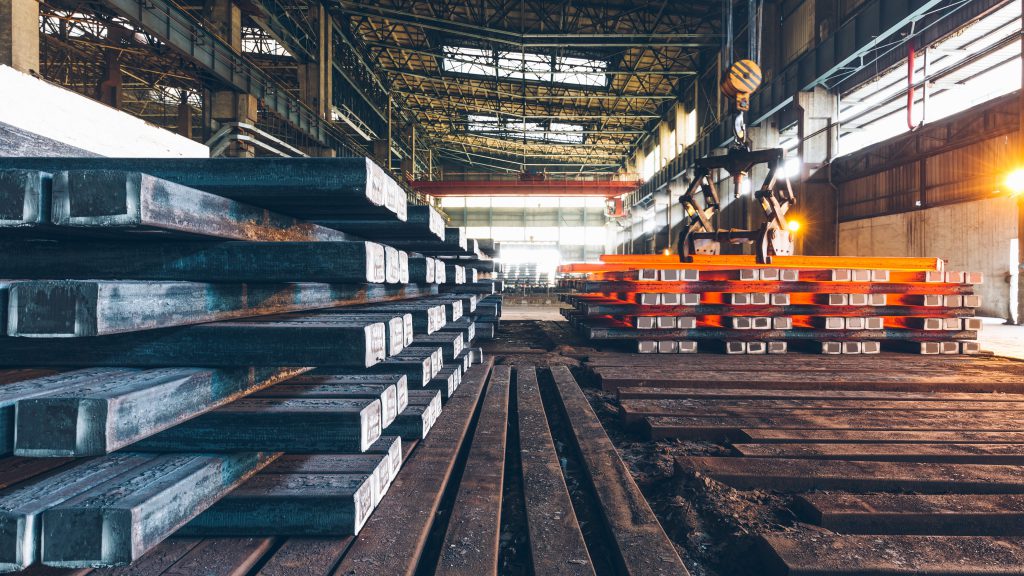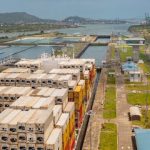Iron ore futures slid on Friday, as investors adopted a cautious stance amid continuously falling demand and ahead of topconsumer China unveiling its keenly-watched fiscal stimulus package.
The most-traded January iron ore contract on China’s Dalian Commodity Exchange (DCE) ended daytime trade 1.65%lower at 776 yuan ($108.45) a metric ton.
The benchmark December iron ore on the Singapore Exchange slipped 2.16% to$103.25 a ton, as of 0738 GMT.
With uncertainty on the U.S presidential election dissipating, the market is awaiting details of China’s fiscal spending, said analysts.
Some market watchers expect most funds will go in easing local government debt burdens and won’t offer much of a boost to near-term economic growth.
“We expect the impact from the macroeconomic factor to gradually recede and prices in the ferrous market will reflect more influence from fundamentals,” analysts at Sinosteel Futures said.
Demand for the key steelmaking ingredient contracted further and persistently high imports led to continued pick-up in portside stocks, weighing on prices.
The average daily hot metal output fell for the second straight week by 0.6%on the week to 2.34 million tons as of Nov. 8, while profitability among steelmakers slid for a third consecutive week to 59.74, a survey by consultancy Mysteel showed.
Fears of disruptions to the Federal Reserve’s easing cycle as Trump won the U.S. presidential election also put a downward pressure.
“With Trump now destined to reclaim the presidency, there are growing expectations that the Fed will not cut as aggressively as previously thought,” ANZ analysts said.
Other steelmaking ingredients on the DCE were mixed, with coking coal DJMcv1 down 0.26% andcoke DCJcv1 up 0.1%.
Most steel benchmarks on the Shanghai Futures Exchange edged lower. Rebar SRBcv1 shed 0.94%, hot-rolled coil SHHCcv1 lost 0.65%, wire rod SWRcv1 retreated 1.45% while stainless steel SHSScv1 gained 0.63%.
Source: Reuters (Reporting by Amy Lv and Mei Mei Chu; Editing by Sumana Nandy)






